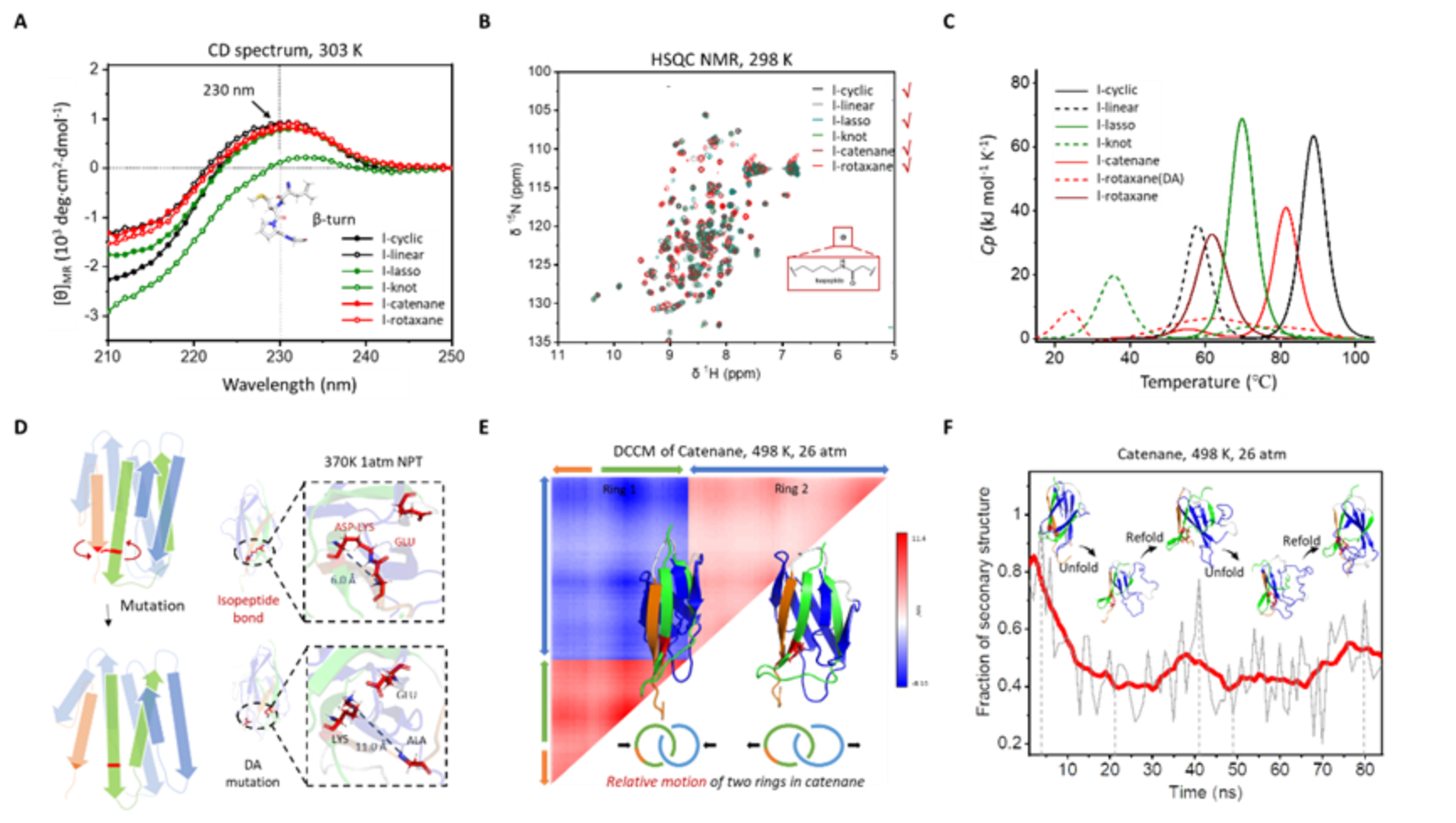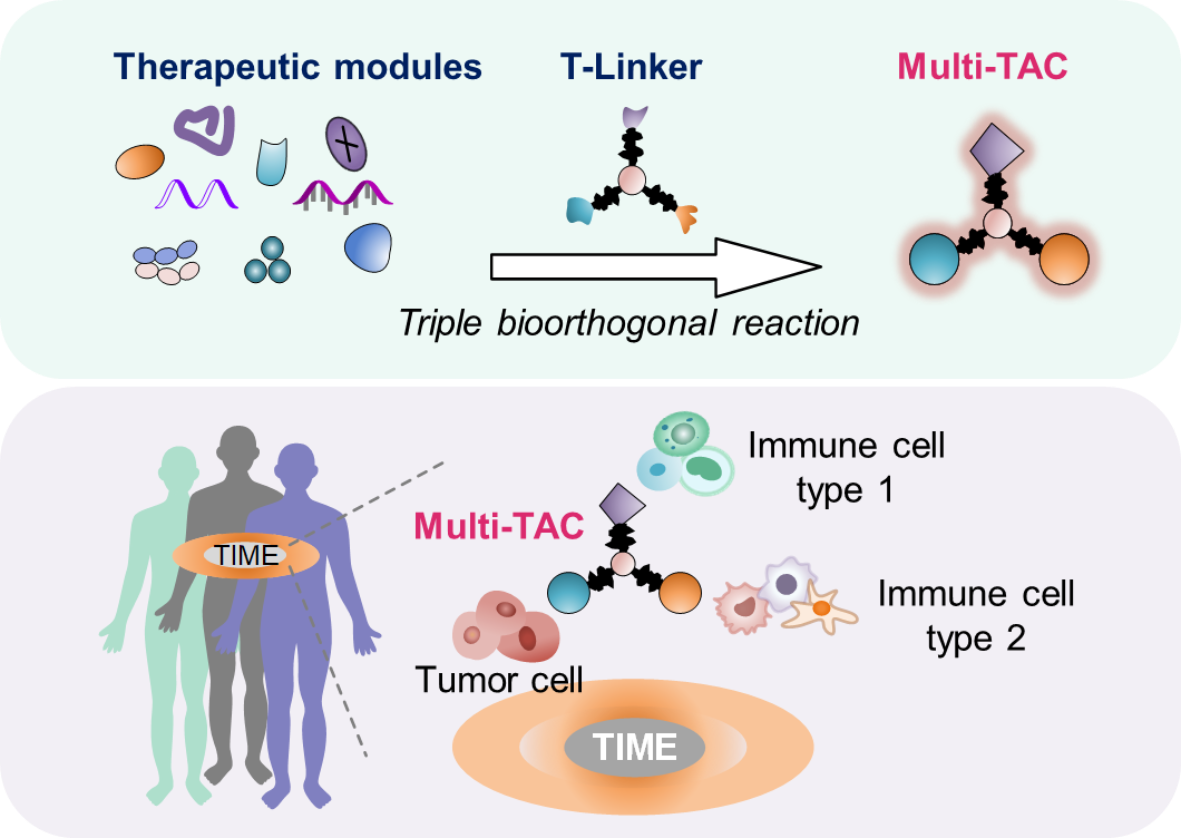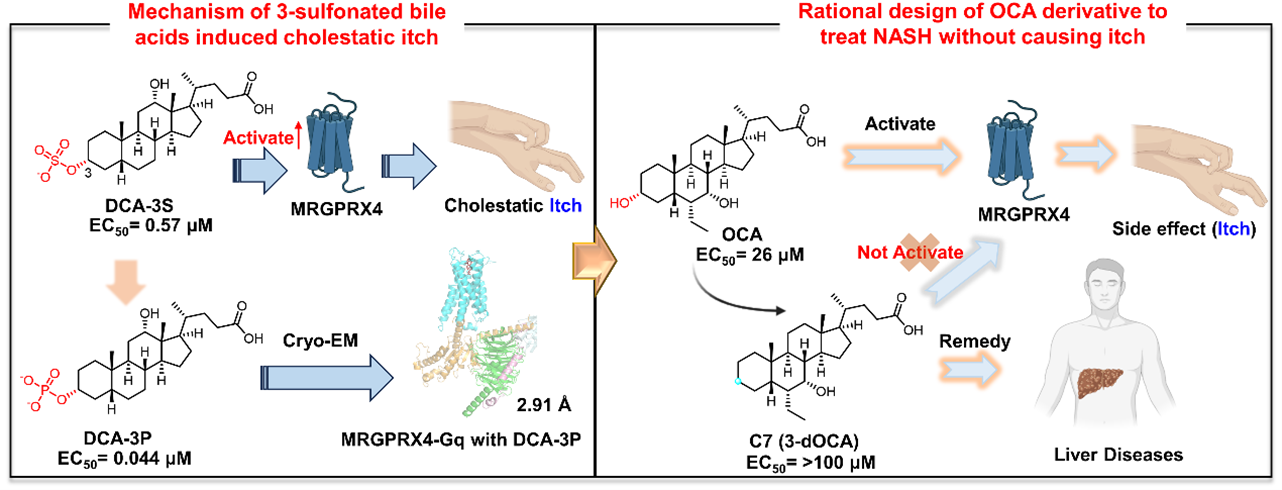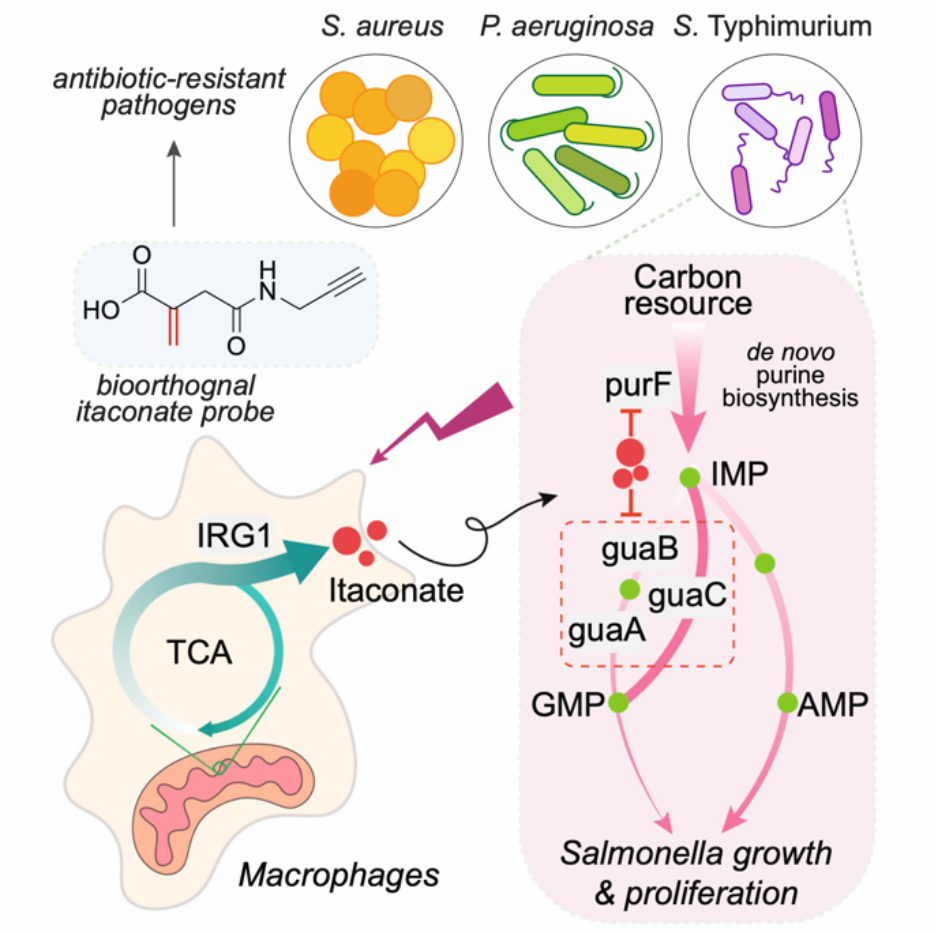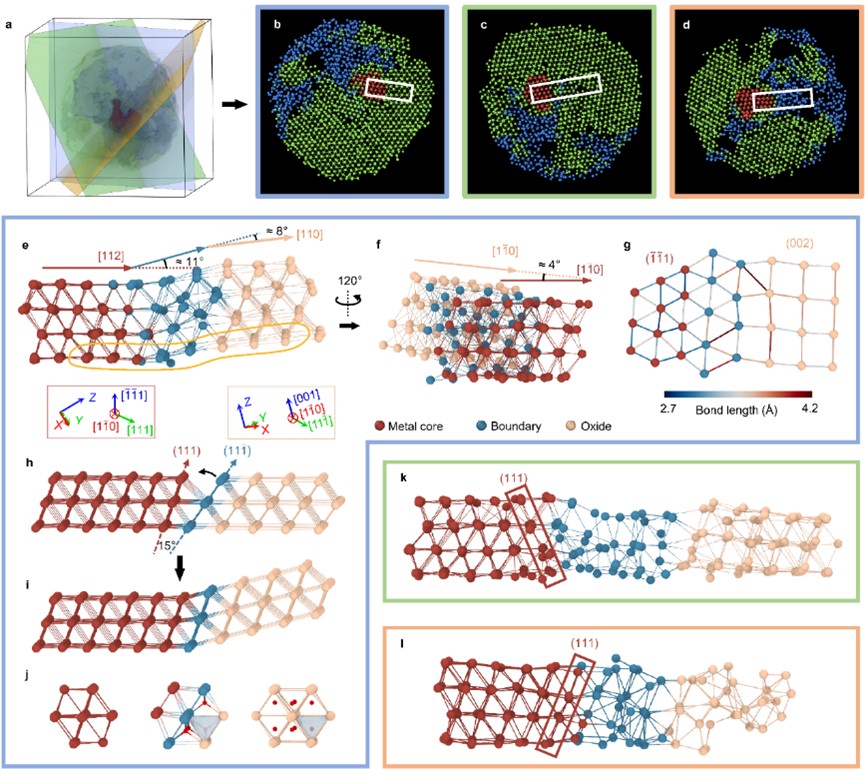伊人直播
The development of transition metal-catalyzed reactions has profoundly influenced polymer synthesis. Conversely, developments in polymer chemistry have also spurred investigations into new organic reaction mechanisms. For instance, cobalt-mediated radical polymerization involves a catalytic chain transfer mechanism where cobalt(III) hydride species facilitate hydrogen atom transfer to olefins (Co-MHAT). This process is widely employed in Markovnikov-selective hydrofunctionalization reactions of unsaturated small molecules. This prompts the question: could a similar chain transfer process be feasible in another classic radical polymerization reaction, ATRP? Previous DFT calculations have indicated that Cu(I) is reluctant to abstract the β-H atom of a radical to form Cu(II)−H, thereby disfavoring this forward reaction.
Inspired by these insights, Rong Zhu’s group proposed a novel MHAT system where the reverse process of the abovementioned reaction occurs: hydrogen atom transfer from Cux−H (a non-traditional valence copper hydride species or its equivalents, where x might be 2) to olefins, which is both kinetically and thermodynamically favorable (Cu-MHAT, Figure 1). This process generates a radical intermediate that can be subsequently trapped by a Cu(II)–Nu species, facilitating coupling with various heteroatom- and carbon-based nucleophiles. The reactions involving these non-traditional valence state copper hydride species (Cux-H or equivalents) exhibit distinct chemoselectivity, regioselectivity, and ligand dependence compared to traditional Cu(I)-H catalysis.
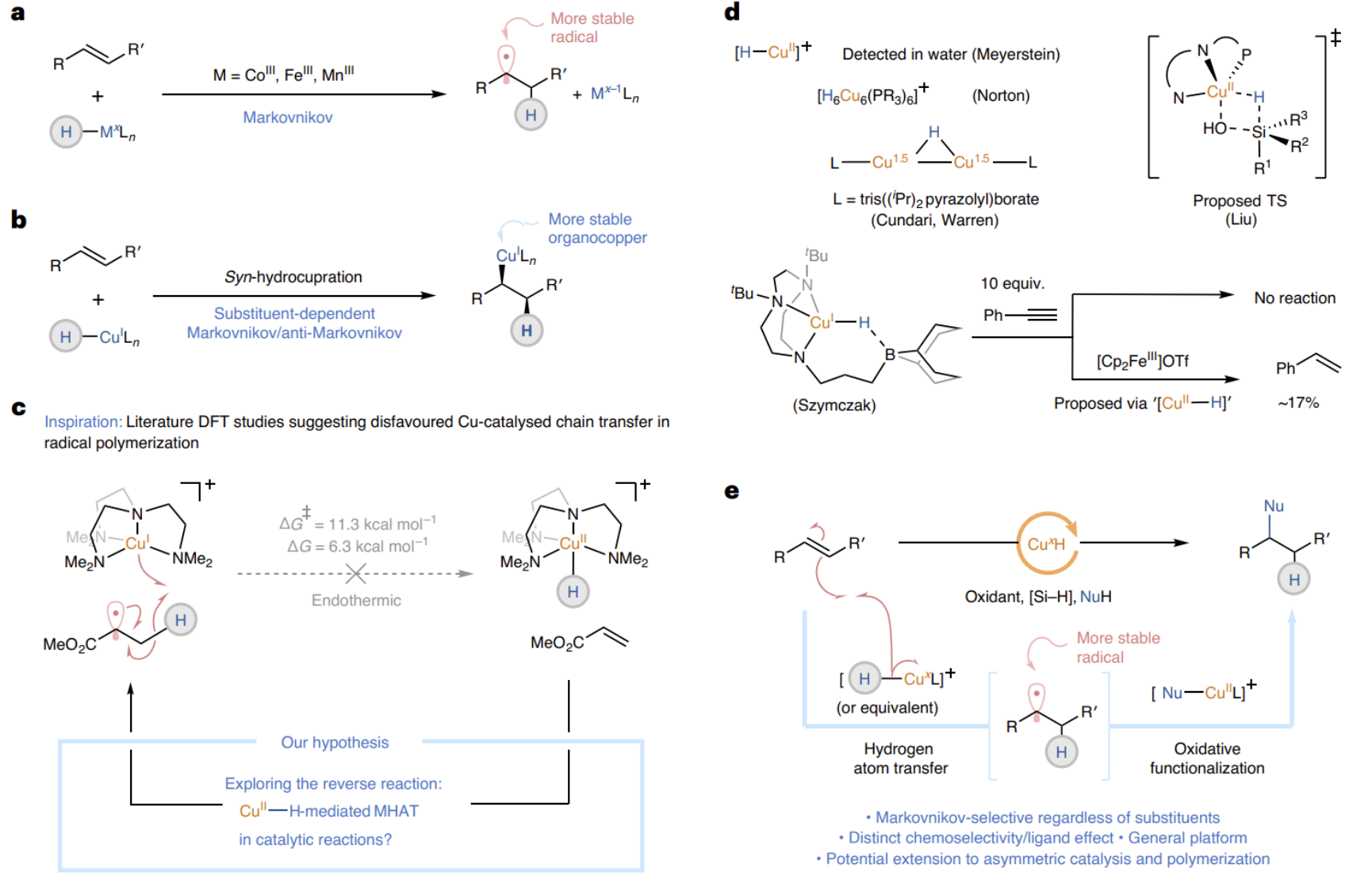
Fig. 1 Alkene functionalization via Cu-MHAT: background and proposal.
The described method introduces a general MHAT platform that complements existing systems based on Mn, Fe and Co. This finding could open up new possibilities for exploring the catalytic utilities of intriguing non-conventional metal hydrides or their equivalents. This work, titled "Mimicking hydrogen-atom-transfer-like reactivity in copper-catalysed olefin hydrofunctionalization" was published in Nature Catalysis. Jun-Jie Wang (Ph.D. student) is the first author of the article. Prof. Rong Zhu from the College of Chemistry and Molecular Engineering at Peking University is the corresponding author. The research was supported by the National Natural Science Foundation of China and the Beijing National Laboratory for Molecular Sciences.
Read the full article: //www.nature.com/articles/s41929-024-01182-9

